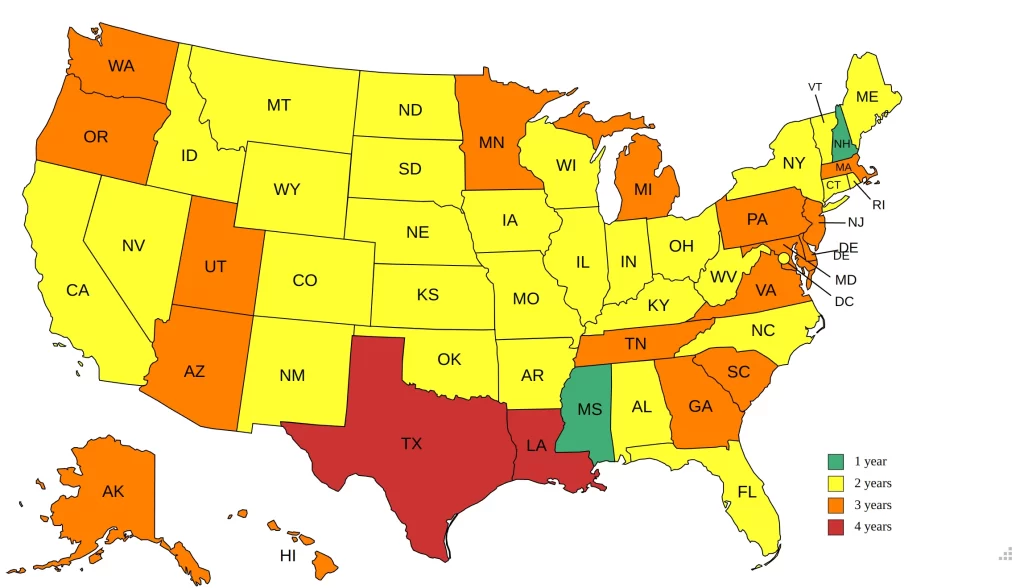Real estate professional licensing laws are individual to each state, but all states have at least two tiers of license. The lowest tier of license is usually called “sales associate” or “real estate”. The higher level is usually called “broker”. In some states like Illinois and Washington, the lower level is actually called “broker” while the higher level is called “managing broker”. However, the functionality of what the lower tier license allows you to do is mostly the same across states, regardless of whether lower tier licensees are referred to as sales associates, brokers, or something else.
The lower tier license gives you the ability to buy and sell real estate on a client’s behalf, but only under the supervision of someone with a higher-tier license. The higher tier license (what most states call a “broker’s license”) gives you the right to work independently without the oversight of another real estate professional.
Usually, the second (higher) tier license also gives you the ability to hire, supervise, and manage lower tier licensees. However, some states such as New Mexico actually have three tiers of licenses: (1) a license that lets you work under the supervision of another professional, (2) a license that lets you work independently, and (3) a license that lets you supervise other licensed real estate professionals.
In this article, I’m going to use the term “broker” to refer to whichever license type gives someone the ability to work independently as a real estate professional in a given state. That’s the 2nd tier license which is also usually the highest license in a state.
In order to become a licensed broker, each state has its own criteria you must satisfy. However, all states require some degree of prior experience as some sort of real estate license holder in the same or a different state before you can apply to become a broker. The map below shows the amount of time you need to be a first-tier (low level) licensee in a state, as a resident of that state, before you can apply to become a real estate broker in that state.

Importantly, this map only represents the time experience requirements. In some states such as Florida, the only experience requirement to become a real estate broker is to hold an active real estate sales associate license for at least 2 years. However, in other states such as Utah, you also need to accumulate a certain number of “experience points” which are gained from participating in real estate transactions.